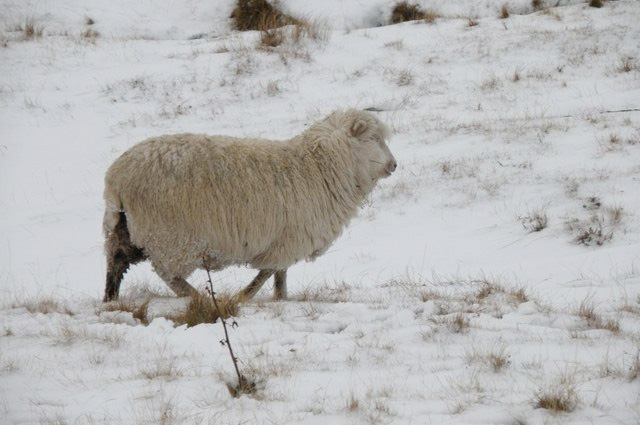
Weather conditions have again had a significant impact on farm incomes, according to new figures.
Average Farm Business Income fell across most farm types in 2012/13 (the exceptions being specialist pig and poultry farms) as the effect of the poor growing season and harvest was felt across both the cropping and livestock sectors.
For the cropping sector lower yields and quality were offset to some extent by higher prices. However the additional impact of higher costs resulted in a fall in incomes.
On dairy farms, average Farm Business Income fell substantially by around 40 percent to £51,000. Agricultural out put was higher, largely due to slightly higher milk prices and an increase in average herd size. However, input costs increased to a greater extent, particularly for feed.
This is likely to reflect increased volumes as well as higher prices for purchased feed and forage due to a combination of reduced grazing days and lower quality home produced forage.
But Defra’s latest Farm Business Income statistics show some signs of recovery but NFU chief economist Phil Bicknell said it was important to put these in to context.
“Poor weather conditions hit all farm businesses in 2012/13 and we saw a 30 per cent decrease in average profits as costs spiralled and output fell," Bicknell said.
"The forecasts indicate some sectors are showing signs of recovery, but even with increases in income across the beef and sheep sector, profitability still falls some way short of 2011/12 levels.
"There’s good news for pig and dairy producers with year on year increases of 90 per cent and 96 per cent respectively - the dairy sector reversing the trend seen in 2012/13 when incomes fell by 40 per cent.
"Although improved planting figures bode well for the upcoming harvest, incomes for arable producers are estimated to fall further, linked to lower commodity prices and the UK’s lowest wheat harvest for over a decade.
“It is vital we have viable and successful farming businesses at the foundation of our agri-food sector."
On specialist pig farms total output from the agriculture enterprises increased slightly, driven by higher output from the pig enterprise. The increase in costs was slightly less, particularly as feed costs did not increase to the extent expected, the net effect being that average Farm Business Income increased by 8 percent in 2012/13 on this farm type.
For specialist poultry farms average incomes more than doubled due to a substantial increase in output via higher out put from the broiler and other poultry enterprises.
As an industry, agriculture has performed strongly through the recession with our contribution to the economy increasing by a staggering 54 per cent between 2007 and 2012. Some exceptional climatic challenges have dampened performance in the short term, but the forecasts show the resilience of our industry and demonstrate how some sectors are making steps towards recovery.
